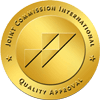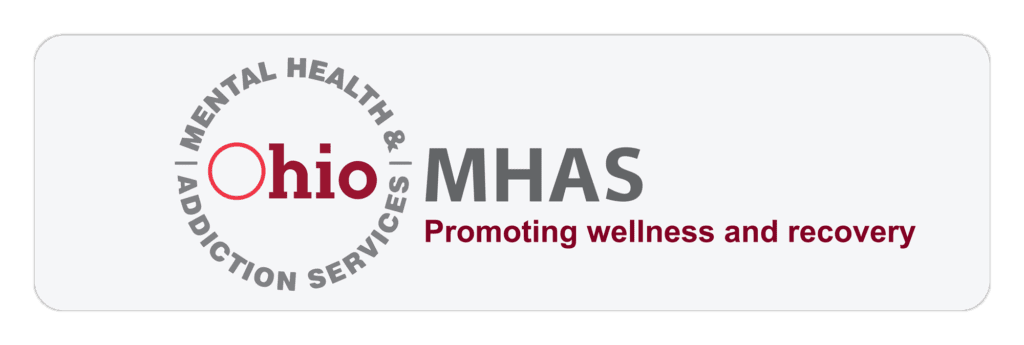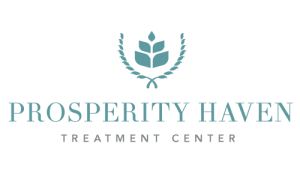PARTIAL HOSPITALIZATION PROGRAM (PHP)
BRIDGING THE GAP BETWEEN INPATIENT AND OUTPATIENT CARE
A partial hospitalization program (PHP) is, in its essence, a patient’s access to treatment through the resources of a hospital environment, without full hospitalization. Partial hospitalization is not meant to be a substitute for inpatient (residential) treatment, but it may serve as a helpful transition between inpatient and outpatient programs.
Partial hospitalization may be an effective treatment program for patients who require care to prevent relapses or potential full hospitalization. Unlike outpatient programs which are often about providing further assistance and resources to recovering addicts as a way to continue their recovery without requiring a stay at a residential treatment center, partial hospitalization programs offer a more intense treatment approach, with a rigid weekly schedule consisting of regular mandatory visits to a series of mental health professionals, and attendance for various treatments depending on the patient’s progress, circumstances, and needs.
The role that partial hospitalization plays in an individual’s post-rehab care depends entirely on the state of their recovery, the risk of relapse, and various factors that the patient’s own doctor must decide. Most of the time, partial hospitalization programs are recommended by medical professionals, rather than being a decision the patient makes on their own.
PARTIAL HOSPITALIZATION PROGRAMS VS. INPATIENT TREATMENT
The main difference between a residential or inpatient program and a PHP program is the length and nature of an individual’s stay at any given treatment facility. A residential program requires a patient to live inside the facility for a treatment period of about one or two months.
Partial hospitalization programs also have a set timeframe, but rather than requiring that a patient continues to stay at a given location, the patient is simply tasked with coming to the facility on a regular basis to receive proper care for their continued recovery, whether through therapy, medication for concurrent mental health disorders, or alternative treatments that may help recovering addicts with a host of issues. Furthermore, the set timeframe that exists for partial hospitalization will vary wildly based on a patient’s needs and circumstances. Some programs are only a few days long, while others may require partial hospitalization for up to six months.
HOW PHP DIFFERS FROM THERAPY
Partial hospitalization programs offer much more than just therapy. To qualify for partial hospitalization, a patient must have typically completed a residential program, but may require regular and intense medical and psychiatric attention to maintain and continue the recovery process and minimize the risk of relapse. Some patients who are enrolled in a PHP program further reduce the risk of relapse by staying in a sober living home during the program.
While regularly meeting a therapist to continue with your recovery by working through issues that may be affecting your continued sobriety can be an important step to maintaining sobriety for years on end, a PHP program is a much greater commitment. Outpatient programs allow a patient to continue living a regular life outside of rehab while still receiving help and resources for their continued recovery, but a PHP program may require a commitment of up to six hours a day, for at least five days a week. Some programs offer transportation to and from a home or neighborhood, and some offer meals as well.
A COMPREHENSIVE PHP PROGRAM THAT PROVIDES STRUCTURE
At Prosperity Haven, we offer a PHP program that employs a staff of dedicated and highly trained mental health professionals to help recovering addicts transition between residential treatment and the rest of their lives. Partial hospitalization programs include the psychiatric help, talk therapy, other therapies, and a slew of treatments meant to help individual recovering addicts with potential concurrent disorders and symptoms.
Addiction recovery can be a very complicated issue to tackle, with individuals going through unique struggles and overcoming different challenges due to very different circumstances. We believe that proper treatment is only possible by taking an individual approach and treating each patient as a person, rather than a set of disorders.
AFTERCARE AND DISCHARGE PLANNING
While partial hospitalization is not as comprehensive as a residential program, it can be equally as intense. Partial hospitalization programs do end, however, but the recovery process moves on. Here at Prosperity Haven, we believe that recovery is a life-long process, and that it does not end after you have completed your recovery programs.
Our goal is to help recovering addicts arm themselves with the right tools to continue their sobriety and live normal, fulfilling, and happy lives without the need for drugs. It will take some time and a lot of patience to make it to that point, and we work hard to help every patient prepare themselves for whatever may lie ahead for them. The challenges that people face after completing recovery programs are unpredictable and varied, from new tragedies and obstacles to dealing with old relationships, overcoming stigma, and much more. Partial hospitalization is just one of many ways in which a recovering addict can help prepare for the rest of recovery laying ahead.






